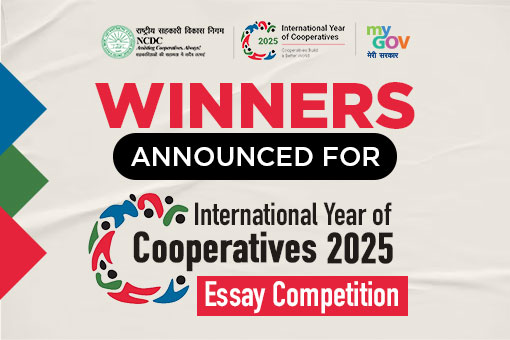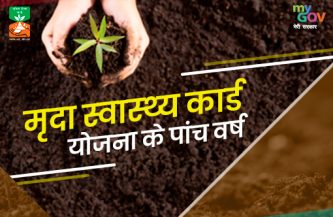Reduce, Recycle & Re-Use Today for a Plastic-Free Tomorrow

Plastic products which were once our savior are now becoming our own biggest threat. The accumulation of plastic products in the Earth’s environment affecting the living organisms dwelling on the surface of the Earth is termed as plastic pollution and it has become one of the most concerning pollution in the world today. It can afflict land, waterways, oceans, and air when burnt in open air. From the beginning of plastic production in the 1950s up to 2018, an estimated 6.3 billion tons of plastic have been produced worldwide, of which an estimated 9% has been recycled and another 12% has been incinerated. As of 2018, about 380 million tons of plastic are produced worldwide every year. India alone produces about 25,940 tons of plastic and more than 97,000 tons of solid waste per day. Earlier this year, on World Environment Day, Indian Prime Minister Narendra Modi called on the world to fight plastic pollution and other environmental pollution.
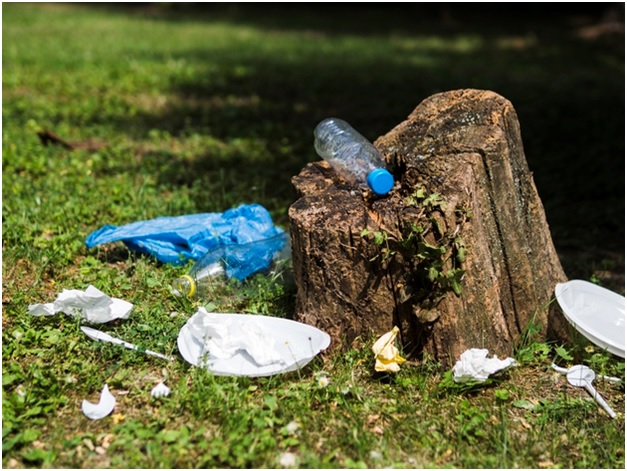
We all are aware of the ill-effects of plastic pollution but no one is actually investing their own time and energy in this battle against plastic but using plastic products in almost every aspect of our daily chores and we cannot blame them, too. Plastic in various forms have now become an integral part of human lives that we don’t know how to get rid of it. We all use plastic in some form or the other in everything that we use or do. Now, we cannot imagine a world without plastic. But if we don’t act now then, by the time we all come to our right senses, it might be too late for us.
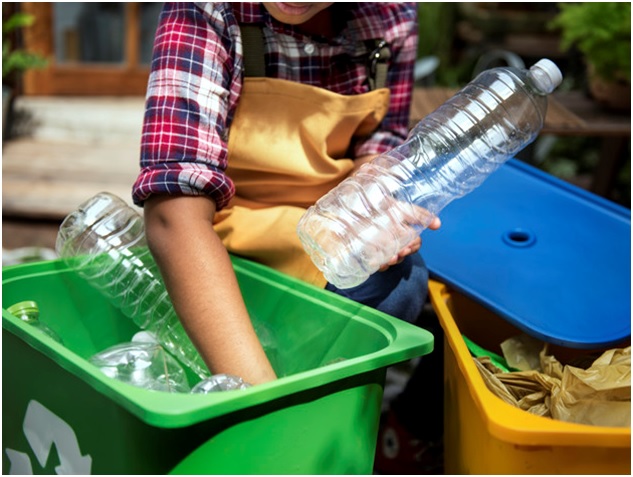
We just cannot stop using plastic right away and replace it with something better but we definitely can find and use alternatives where possible so as to reduce the usage and production of plastic in the world. So, below listed are some of the alternatives that we all can use or try in place of plastic products:
- Reusable straws, spoons, cups and plates: Instead of using plastic straws, spoons, cups and plates, carry and use your own stainless-steel straws and spoons, paper cups and paper plates or other reusable products whenever you eat outside.
- Carry reusable bottles: Plastic bottles take 450-1000 years to decompose and 1 million plastic drinking bottles are purchased every minute around the world. Now, imagine the number of water bottles that must have been discarded every day. So, carry glass or stainless-steel bottles instead of purchasing water bottles every time you need drinking water.
- Carry Bags: Carrying your own canvas and reusable carry bags made of cotton, jute, hemp, nylon and leather are best alternatives to plastic shopping bags. Most of these bags are light weight, customizable with your own designs and easy to carry wherever you travel.
- Pre-cycle and recycle: Learning the basic knowledge of pre-cycle and recycle processes of waste management will certainly help us in fighting plastic pollution as our daily waste also contribute a large amount in plastic pollution. Pre-cycling is the practice of determining the right number of products that are essential and products that comes in plastic packages, and finding ways to avoid them or at least minimize them. It’s about making the best decisions from the choices that are available to us such as picking up vegetables from local farmers market carrying our own reusable bag, buying milk in glass or stainless-steel bottles, carrying canvas tote bags while shopping instead of expecting plastic bags from stores and vendors, etc.
Recycling is the process of transforming waste products into new materials and objects. Not only plastic products but there are various materials that can be recycled viz. glass, paper, cardboard, metal, tires, textiles and electronics. So, we need to get such waste to the respective recycle facilities instead of just dumping it along with other waste products.
- Get involved: On top of avoiding plastic products ourselves, we should also try to spread the awareness to our friends, family, neighborhood and society for a larger impact. We need to create online forums, awareness campaigns in the neighborhood, activities in community spaces and workplaces to bring in more people.
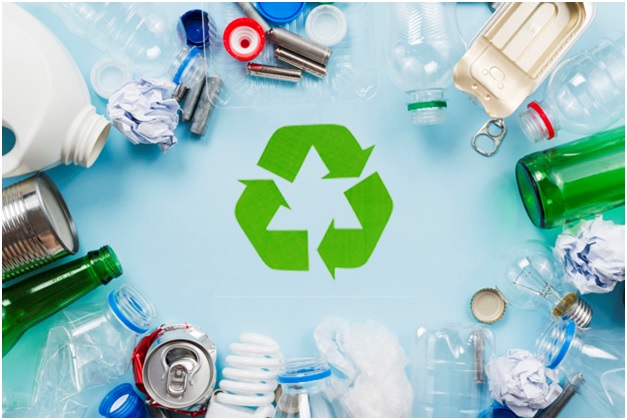
It is not the responsible for the government or any other establishment alone to look into this matter and work it out, each and every one of us is responsible for it and we should work on it until the last scrap of plastic waste gets removed from the soil of the Earth. We may not be able to win this battle in a day or two but if we start today, tomorrow will certainly be a better day.


